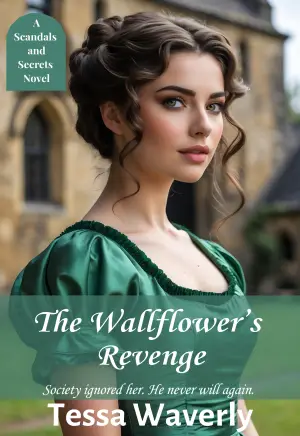Book Review: Matched by Ally Condie
When I first stumbled upon Matched, it was thanks to a captivating book trailer I found on YouTube. The visuals danced in my mind long after the video ended, prompting me to dive into Goodreads to seek out reviews. To my surprise, the reactions were a mixed bag—some readers raved about its depth and style, while others dismissed it as a pale imitation of The Giver. This dichotomy piqued my curiosity. With lower expectations, I decided to take the plunge and discover what this utopian world had in store for me.
Themes of Choice and Control
Set in a meticulously controlled society, Matched explores profound themes of conformity versus individuality. Cassia, our protagonist, begins her journey in a seemingly perfect world where every decision, from career paths to romantic partnerships, is dictated by the Society. At first, the oppression feels muted, almost benevolent, but as Cassia experiences burgeoning self-awareness, the facade shatters. Condie expertly illustrates the struggle between societal expectations and personal desires, a theme I found relatable and thought-provoking.
Character Growth
What I admired most was Cassia’s growth as a character. Initially portrayed as compliant and passive, her evolution into a questioning, passionate young woman is beautifully executed. She grapples with the “perfect” choices that the Society offers, particularly in her love life. The love triangle between Cassia, Xander, and the enigmatic Ky is not just about romance; it grows to symbolize broader themes of freedom versus control. Condie takes the time to build this relationship slowly, a refreshing departure from the cliché “love at first sight” trope that plagues so many YA novels today.
Writing Style and Emotional Connection
Condie’s writing style is another highlight. The prose often feels poetic, imbuing even the simplest moments with a lyrical quality that resonates deeply. I found myself immersed in Cassia’s world, feeling her conflicts and emotions as if they were my own. One moment that struck me was when Cassia reflects on the nature of choice itself. It’s a realization that, while the Society serves her “best interests,” it robs her of the thrilling potential of making her own decisions.
As I flipped through the pages, I felt a palpable connection to Cassia’s plight, wishing to make choices alongside her—even when they led her toward the forbidden.
A Few Critiques
However, no book is without its flaws. Matched does draw some parallels to other dystopian works, particularly The Giver and The Hunger Games, which might make some readers feel it’s unoriginal. Additionally, I sensed that the plot serves as more of an introduction to a larger narrative. The ending, while intriguing, left me hanging with more questions than answers, compelling me to dive into the sequel for closure.
In Conclusion
Matched is not merely a love story; it’s a thought-provoking exploration of freedom, love, and identity in a world that seeks to limit all three. I wholeheartedly recommend it to readers who enjoy character-driven narratives set against dystopian backdrops, especially those who appreciate a gentle touch of romance. While it might not break new ground in the genre, the emotional journey of Cassia is worth the read.
If you’re looking for a book that prompts reflection on choice and individuality—without overwhelming violence—Matched might just be your next great adventure. Happy reading!












